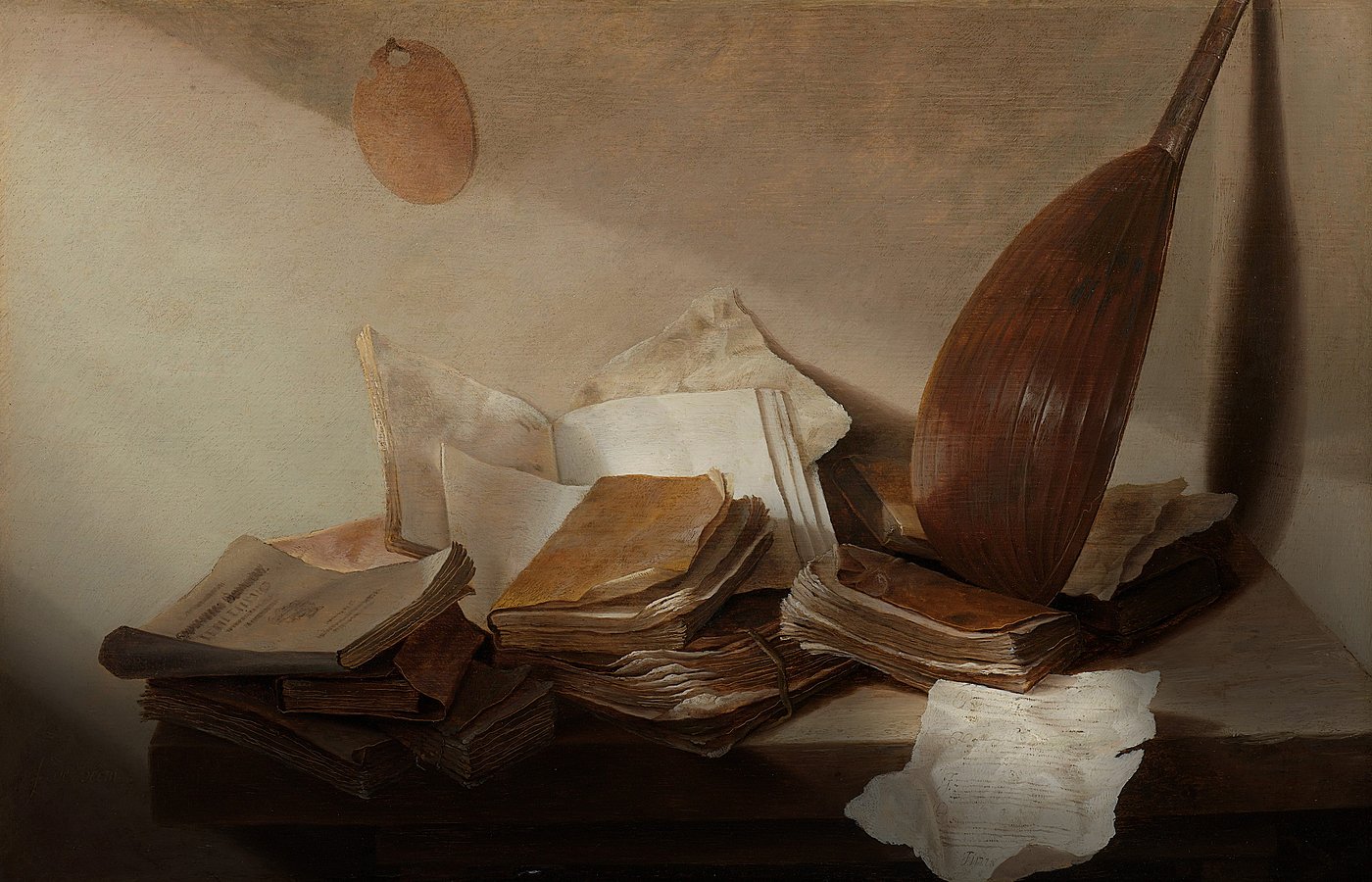Did medieval and Renaissance universities prize intellectual freedom and free speech?
The short answer is no, at least if we construe those expressions according to the sense they were given during the Enlightenment. The reason is that pre-modern intellectuals had a different conception of how truth, authority and tradition were related to each other. Rational inquiry, for them, was not oriented to gaining power over nature but to learning from nature. It was not autonomous but embedded. It did not treat received truths as hypotheses to be tested and possibly rejected but as starting points for deepening the truth-seeker's understanding of reality.
Join us for this third and final lecture from our series Liberal Arts, Free Speech, and the University, which offers a platform to thinkers and scholars who have also dedicated their lives to thinking, writing, and talking about the role of the liberal arts and free speech in the university.
This lecture is free and open to the public. Register here.
ABOUT THE SPEAKER
Dr James Hankins is a Professor of History at Harvard University, the Founder and General Editor of the I Tatti Renaissance Library, and Associate Editor of the Catalogus Translationum and Commentariorum. His research interests include the history of Renaissance political thought, history of philosophy, and history of the classical tradition.
REGISTER HERE.
